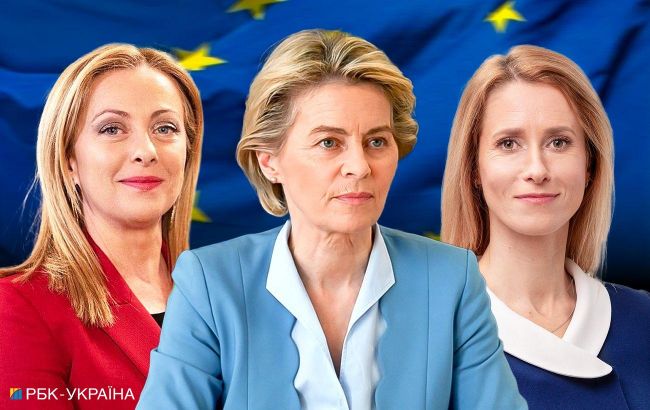In Brussels, on June 27-28, European Union leaders completed choosing who will fill important positions in the EU institutions. The European Commission re-elected Ursula von der Leyen for a second term as President. Although both Charles Michel and Josep Borrell would not continue in their jobs. The former Portuguese Prime Minister António Costa would take over as President of the European Council. The EU nominated Kaja Kallas, currently Estonia’s Prime Minister. To become its High Representative for Foreign Affairs and Security Policy.
Process of Appointment and Challenges
When it comes to appointing top EU leaders, the process is quite complex. Due to the fact that the European Parliament must approve them. Along with a qualified majority of leaders from member states of the union. Getting individuals into these powerful positions often involves much negotiation. For instance, heads of state throughout Europe required several rounds of discussions. Before reaching any agreement in the latest round of selection.
Continuation of Ursula von der Leyen
The European Union re-elected Ursula von der Leyen as head of its executive body. This was based on her crisis management track record. In addition to her knack for building consensus among its member states. However, critics have faulted her for creating more red tape under her watch. Although she was able to keep key alliances with such influential EU figures as Emmanuel Macron and Olaf Scholz.
New European Council President António Costa
The former Portuguese premier, poised to succeed Charles Michel. He embodies Social Democrats’ influence in European politics and earns recognition for his adept negotiation skills. Which he earned during his tenure as prime minister. However, Costa faces controversy due to corruption allegations. The scrutiny of his past policy decisions as he assumes office.
Kaja Kallas: Chief Diplomat of European Union
Kaja Kallas and Ursula von der Leyen, the incoming EU leadership, generally support Ukraine. Despite ongoing geopolitical challenges, including Russia’s actions. Both leaders actively advocate for Ukraine within the EU. Their ability to effectively support Ukraine depends on navigating EU bureaucratic procedures. And securing consensus among member states with diverse geopolitical interests.
Italy’s Influence and Concerns
Italy, led by the loud new Prime Minister Giorgia Meloni, is one of the powerful countries in the European Union. Although her conservative views have extended her influence in the European Parliament by her choice to be against some positions. Italy’s most powerful positions in the EU are the first step to promote Italy’s substantial economy and political robustness. Italy’s clout is in fact necessary for the country to win the right to define its own concerns. And goals as part of the broader European Union program.
The Expectations of Central and Eastern Europe
Central and eastern European countries are leading the request for an EU Commissioner. Who will be in charge of appointing various vice-presidents. Which will including the Common Foreign and Security Policy. Two Vice-Presidents will oversee different portfolios, focusing on foreign policy and security. Additionally, they will ensure uniformity in military matters and establish a unified European defense.
Along with the Members of the European Parliament, the ECU Presidency will take part in the election process. Time and over travel time requirement bonds will not permit flexibility. Stationery and folder bonds, however, will allow flexible usage. These bonds mainly finance buildings, parks, churches, roads, schools, and other infrastructure. They are likely to gain status as specific terms of bonds and accounts. The inclusion of green investment initiatives in the national budget. Will need to specify topics that need a certain level of investment. Before releasing their funding or making any decision.
Implications for Ukraine
Kaja Kallas and Ursula von der Leyen, the incoming EU leadership, generally supports Ukraine. Even amidst the ongoing geopolitical challenges, including Russia’s actions. Both leaders have demonstrated advocacy for Ukraine’s interests within the EU. The effectiveness of their support will depend on navigating EU bureaucratic procedures. And by securing consensus among member states with diverse geopolitical interests.
Impact of New European Union Leadership
The appointment of new leaders to key EU positions marks a significant shift in European governance. These leaders bring diverse backgrounds and priorities. Thus influencing EU policies and relations both within and beyond Europe. The leaders will assume their roles, balancing the interests of member states and external partners. It will be crucial for shaping the EU’s direction in the coming years. Their decisions will impact the internal dynamics of the European Union. Moreover, it will also determine its standing and influence on the global stage.





